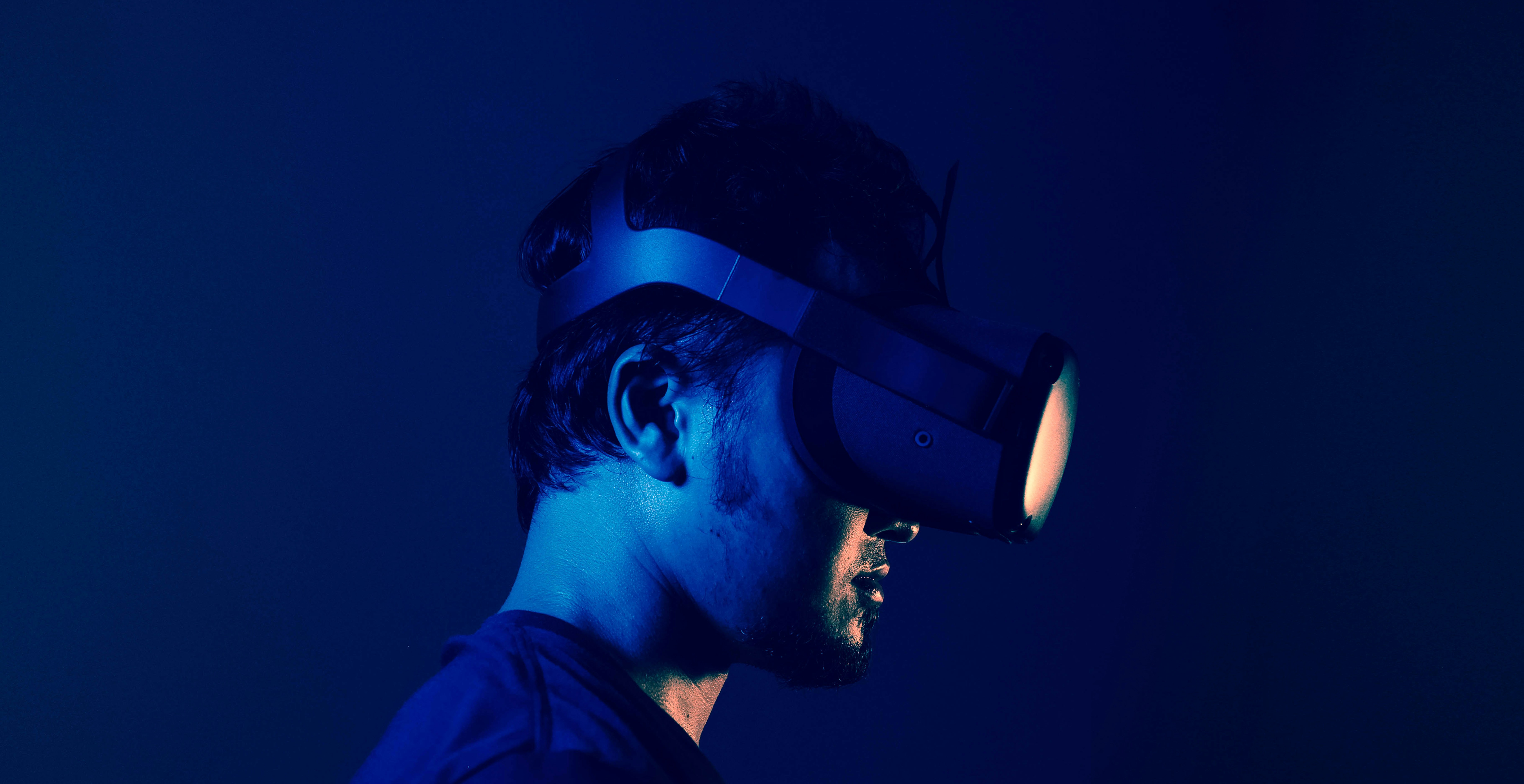Related Jobs
View all jobsElectronics Design Engineer - Medical Devices FPGA - Cambridge
Medical Devices - Senior Mechanical Design Engineer - Cambridge
Human Factors / Usability Engineer
Principal Human Factors Engineer - Implantable Medical Devices
Device Compliance Engineer
Subscribe to Future Tech Insights for the latest jobs & insights, direct to your inbox.
Industry Insights
Discover insightful articles, industry insights, expert tips, and curated resources.

The Best Free Tools & Platforms to Practise Medical Technology Skills in 2025/26
Medical technology — sometimes called medtech — covers a broad and fast-growing field: devices, diagnostics, medical imaging, wearable health devices, digital health applications, and AI in healthcare. In the UK especially, regulatory demands, safety concerns, and clinical validation mean that simply knowing theory isn’t enough. Medical technology professionals need hands-on experience with tools, software, imaging data, and modelling frameworks. This article explores the best free tools and platforms you can use in 2025 to practise medical technology skills. Whether you're a student, recent graduate, or switching careers, these resources help you build real skills, assemble portfolio projects, and show employers what you can do.

Top 10 Skills in Medical Technology According to LinkedIn & Indeed Job Postings
Medical technology—spanning medical devices, diagnostics, imaging, and digital health—is advancing rapidly. In the UK, organisations from device manufacturers to NHS trusts and biotech startups are seeking experts who can innovate, validate, and safely deploy medical technology solutions. But which skills are in demand right now? By analysing job postings on LinkedIn and Indeed, this article identifies the Top 10 medical technology skills sought by UK employers in 2025. You’ll learn how to effectively showcase these skills on your CV, nail interviews, and build proof of capability through targeted projects.

The Future of Medical Technology Jobs: Careers That Don’t Exist Yet
Medical technology—often referred to as MedTech—is one of the fastest-growing and most transformative sectors in the global economy. It sits at the intersection of healthcare, engineering, and digital innovation, producing tools and systems that improve how diseases are diagnosed, monitored, and treated. From the first stethoscope in the 19th century to today’s robotic surgical platforms, MedTech has always pushed boundaries. In the UK, MedTech is a powerful economic engine. It generates an estimated £27.6 billion annually, supports more than 138,000 jobs, and contributes over £5 billion in exports each year. Importantly, it is not just a financial driver but also a sector that directly shapes health outcomes for millions of people. With an ageing population, increasing demand for personalised healthcare, and rapid advances in digital technologies, the sector is set to expand dramatically in the coming decades. Yet, we are only scratching the surface. As artificial intelligence, robotics, nanotechnology, synthetic biology, and digital health converge, many of the most important MedTech jobs of the future don’t exist today. These roles will appear at the intersection of clinical practice, ethics, data science, and engineering. This article explores why MedTech will generate new jobs, the future roles likely to emerge, how today’s positions will evolve, why the UK is well positioned, and how professionals can prepare now.